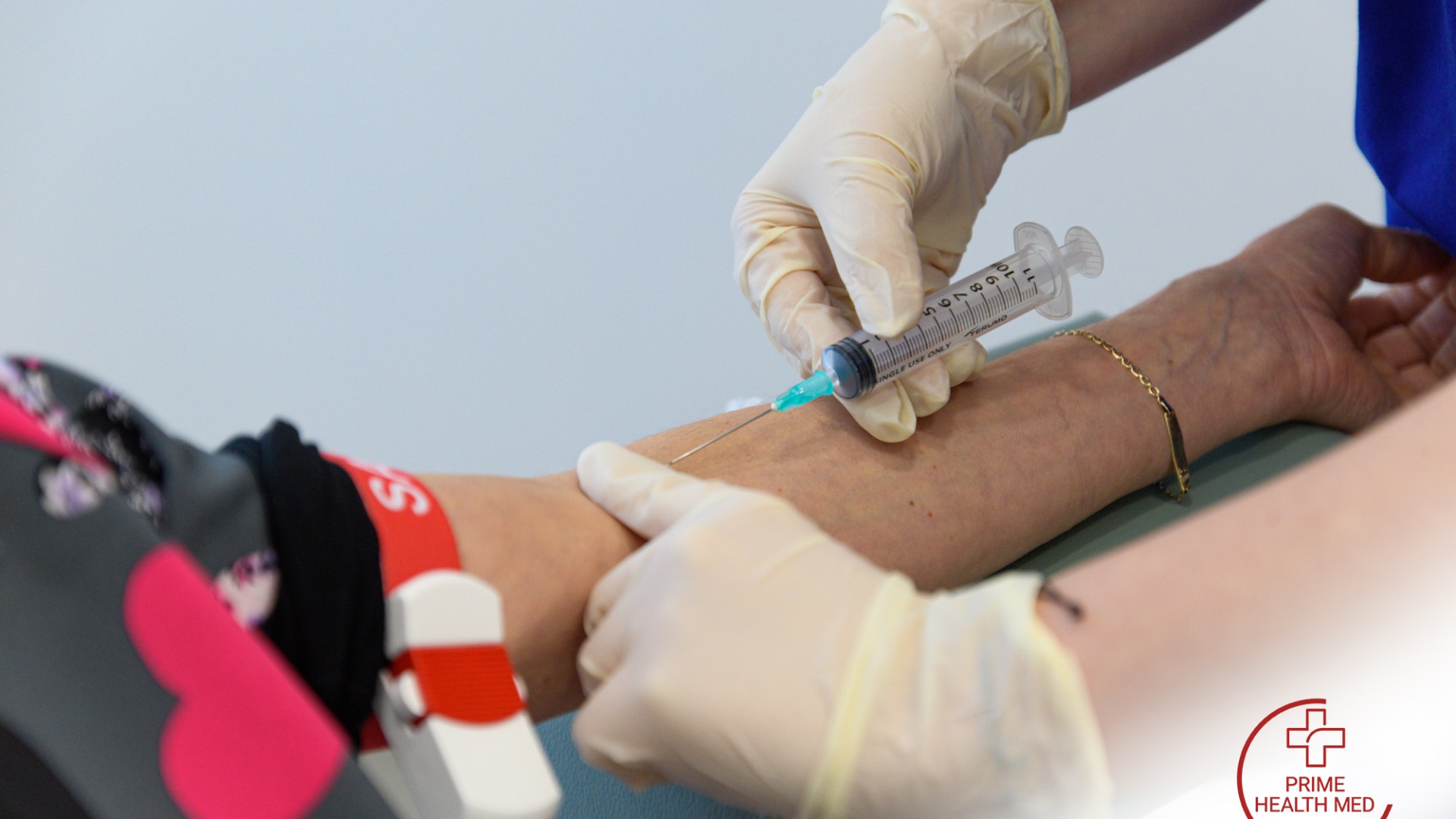
Blood Types: Who Can Donate or Receive
Blood transfusion is a critical medical procedure that can save lives.
However, not all blood types are compatible with one another. Blood groups are divided into four main types (A, B, AB, O), with either a positive or negative Rh factor, and the presence or absence of specific antigens determines which types are compatible.
The O-negative (O-) type is considered a universal donor, as it can be given to anyone, regardless of blood type. In contrast, AB-positive (AB+) is the universal recipient, since it can receive blood from any group. Types A and B can donate to individuals with the same letter or to those with AB, while type O can donate to all but can only receive from type O.
The AB-negative (AB-) type, although one of the rarest, also holds special significance. It can donate only to AB- and AB+ individuals but can receive only from negative types: O-, A-, B-, AB-. In general, people with a negative Rh factor can only receive blood from negative donors, while those with a positive Rh factor can receive from both positive and negative donors of the same type.
Proper matching between donor and recipient is vital to avoid severe reactions. This is why blood donations play such an important role: the variety of available blood types saves lives every day. By knowing your blood type and donating regularly, you can become a vital link in a life-saving chain. Every drop counts!
 El. Venizelou 220, Limenas Hersonissos 700 14
El. Venizelou 220, Limenas Hersonissos 700 14 (+30) 2897 302 900
(+30) 2897 302 900 info@primehealthmed.gr
info@primehealthmed.gr